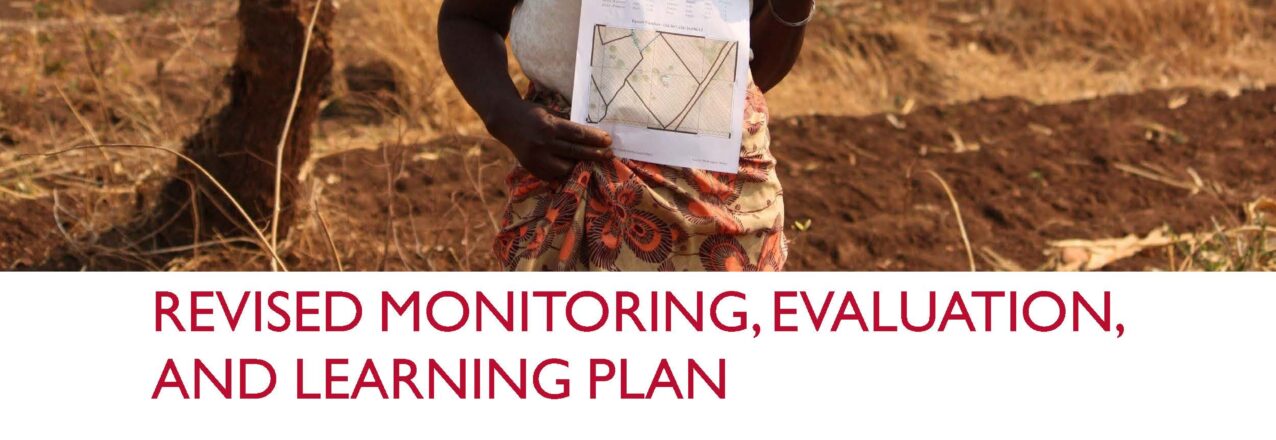The primary objective of the Integrated Land and Resource Governance (ILRG) task order under the Strengthening Tenure and Resource Rights II (STARR II) Indefinite Quantity/Indefinite Delivery (IDIQ) contract is to assist the Land and Resource Governance Office under the Development, Democracy, and Innovation Bureau’s Environment, Energy, and Infrastructure Center to design and implement activities that improve land and resource governance, strengthen property rights, and build resilient livelihoods as the foundation for strong economic growth, stability, and resilience. Strong land and resource governance is important within the broader context of reaching myriad United States Agency for International Development (USAID) goals. In particular, successful implementation of this task order will enable USAID to contribute to the following four broad objectives that assist in ending extreme poverty:
- Increase inclusive economic growth, resilience, and food security;
- Provide a critical foundation for sustainable natural resource management and biodiversity conservation;
- Promote good governance, conflict mitigation, and disaster mitigation and relief; and
- Empower women and other vulnerable populations.
The task order is currently implementing ILRG activities in Democratic Republic of Congo (DRC), Ghana, India, Liberia, Madagascar, Malawi, Mozambique, and Zambia. Since the original monitoring, evaluation, and learning (MEL) plan was approved, completion tasks were approved for work in Ghana, Liberia, Madagascar, and DRC, so corresponding MEL information has been added for these activities. A completion task MEL plan for India has also been approved. ILRG received Women’s Economic Empowerment (WEE) funding through the Women’s Global Development and Prosperity Initiative, which focuses on Ghana, India, Malawi, Mozambique, and Zambia; a MEL plan for WEE-funded initiatives was also approved. Indicators from the India MEL plan and the WEE MEL plan are included within this MEL Plan for a comprehensive view of all MEL indicators. Performance indicator reference sheets (PIRSs) which come from the India or WEE MEL plan are noted at the top of the PIRS. Any future MEL revisions/updates for new countries or initiatives are expected to start with revisions to this global plan.


